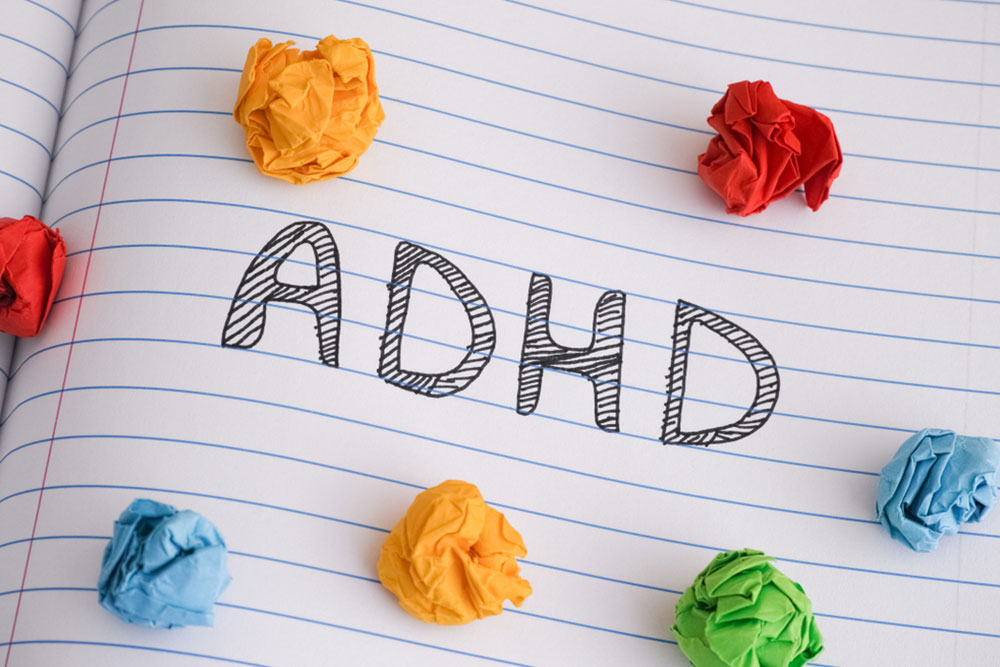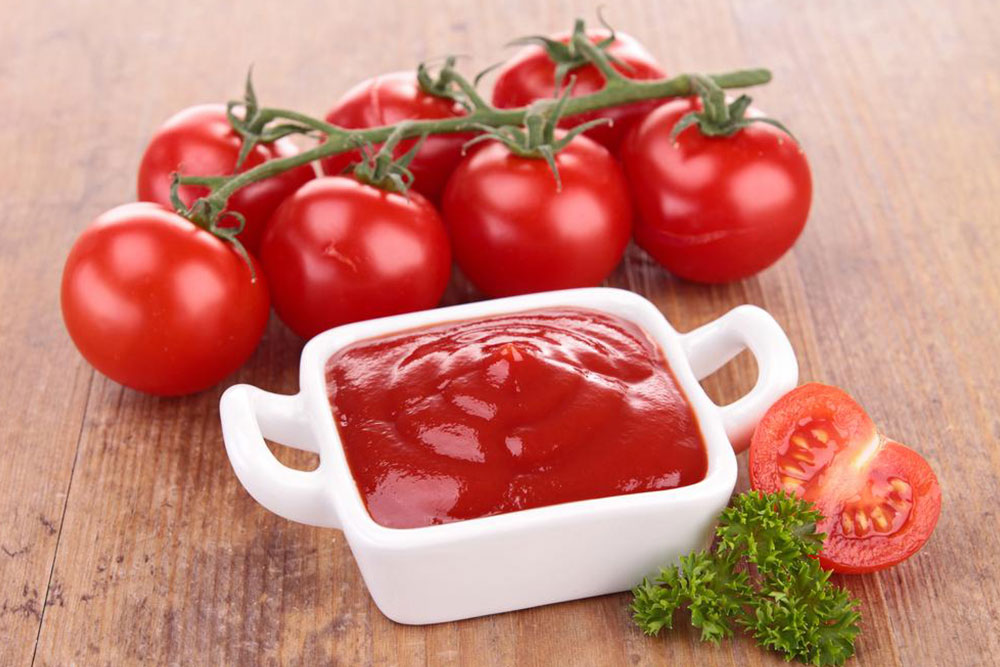Foods to eat and avoid in a diet for ADHD
ADHD or Attention Deficit Hyperactivity Disorder is a neurological disorder which is known to affect almost 11% of children in the US. Experts believe that there may be a connection between what we eat and our brain functions. While there is no solid proof to suggest that ADHD can be triggered by diet and faulty nutrition, there are foods that can aggravate or alleviate the symptoms.
Foods to include in a diet for ADHD
It has been found that a nutrition plan for ADHD that is loaded with proteins and vitamins helps keep symptoms under control.

However, one must stay away from foods with too much sugar, artificial flavors, and even common allergens to get the desired results.
- Increase protein intake: All foods which are rich in proteins like lean beef, pork, eggs, fish, poultry, soy, nuts, and low-fat milk products can be beneficial for kids and adults with ADHD. These help to make neurotransmitters, a chemical that brain cells produce for communication amongst themselves.
- Vegetables and complex carbs: A diet that is rich in fresh vegetables, fruits, and complex carbohydrates may help to keep ADHD symptoms in check. Whole grains that are rich in fiber can help prevent blood glucose levels from spiking and even falling.
- Minerals: A diet that has sufficient minerals and vitamins can enhance mental alertness and attention. Zinc helps to regulate the neurotransmitter dopamine. Iron is also needed to make dopamine; low-iron levels in the body have been linked to severe ADHD and cognitive deficits. Magnesium is needed for making neurotransmitters which are required for better concentration and focus. One can get these three important minerals from fortified cereals, poultry, seafood, and lean meats.
- Vitamins: Studies show that kids who had low IQ levels and were given vitamin B supplements were benefited. It also helped reduce antisocial behavior and aggression in them. When a kid constantly binges on fast foods or is a picky eater, it’s likely that he does not get sufficient minerals and vitamins. So, it is best to give multivitamins daily.
- Omega-3 fatty acids: These are known to be very beneficial for nerve cell and brain functions, and coldwater fish like sardines, salmon, and tuna have a high content of omega-3. Studies show that these can lessen ADHD symptoms by almost 50%.
- Herbs: Ginkgo and ginseng are herbs that can work like cognitive activators. These act as stimulants but have no side-effects as in ADHD medications. Pycnogenol is an extract from the pine bark that enhances attention and concentration and improves visual-motor coordination.
Foods to avoid in a diet for ADHD
- High-sugar foods: The more sugar a child with ADHD consumes, the more restless and destructive they would become. So, it is best to avoid fruit drinks for children and cocktails for adults with ADHD as these are loaded with sugar.
- Preservatives and artificial dyes: Children with ADHD can be affected because of artificial food colors and preservatives like sodium benzoate.
- Allergy-causing foods: Studies show that corn, soy, wheat, and gluten causes kids to lose concentration and become more hyperactive.
Disclaimer:
The content provided on our blog site traverses numerous categories, offering readers valuable and practical information. Readers can use the editorial team’s research and data to gain more insights into their topics of interest. However, they are requested not to treat the articles as conclusive. The website team cannot be held responsible for differences in data or inaccuracies found across other platforms. Please also note that the site might also miss out on various schemes and offers available that the readers may find more beneficial than the ones we cover.




